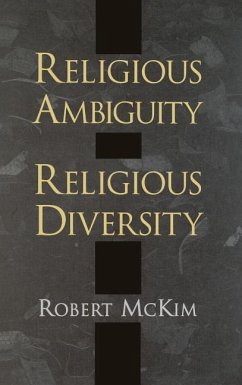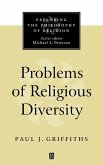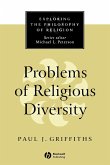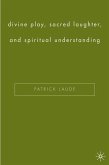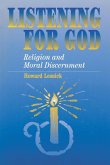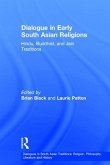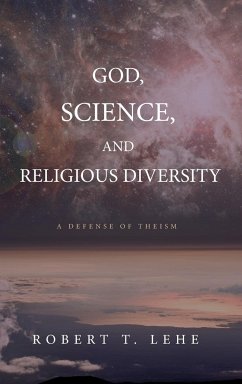This book is built around the two themes of religious ambiguity and religious diversity. Robert McKim first asks whether the religious traditions can account for the fact that the beliefs that they wish their adherents to accept are not clearly true. He then explores the significnace for religious belief of the fact that there are so many competing religious traditions. A central thesis of the book is that beliefs about religious matters ought to be held tentatively, with an awareness that the beliefs in question may be wrong. This applies to the beliefs of theists, of atheists, and of members of non-theistic religions alike. McKim attempts to show the validity of this thesis by applying it to the theistic problem of the 'hiddenness' of God: that is, the question why, if God exists, it is not clear to everyone that this is so.
This study looks at two central religious issues--the religious ambiguity of the world and the diversity of faiths--and probes their implications for religious beliefs. Author Robert McKim offers a self-critical, open, and tentative approach to beliefs about religious matters.
Hinweis: Dieser Artikel kann nur an eine deutsche Lieferadresse ausgeliefert werden.
This study looks at two central religious issues--the religious ambiguity of the world and the diversity of faiths--and probes their implications for religious beliefs. Author Robert McKim offers a self-critical, open, and tentative approach to beliefs about religious matters.
Hinweis: Dieser Artikel kann nur an eine deutsche Lieferadresse ausgeliefert werden.

